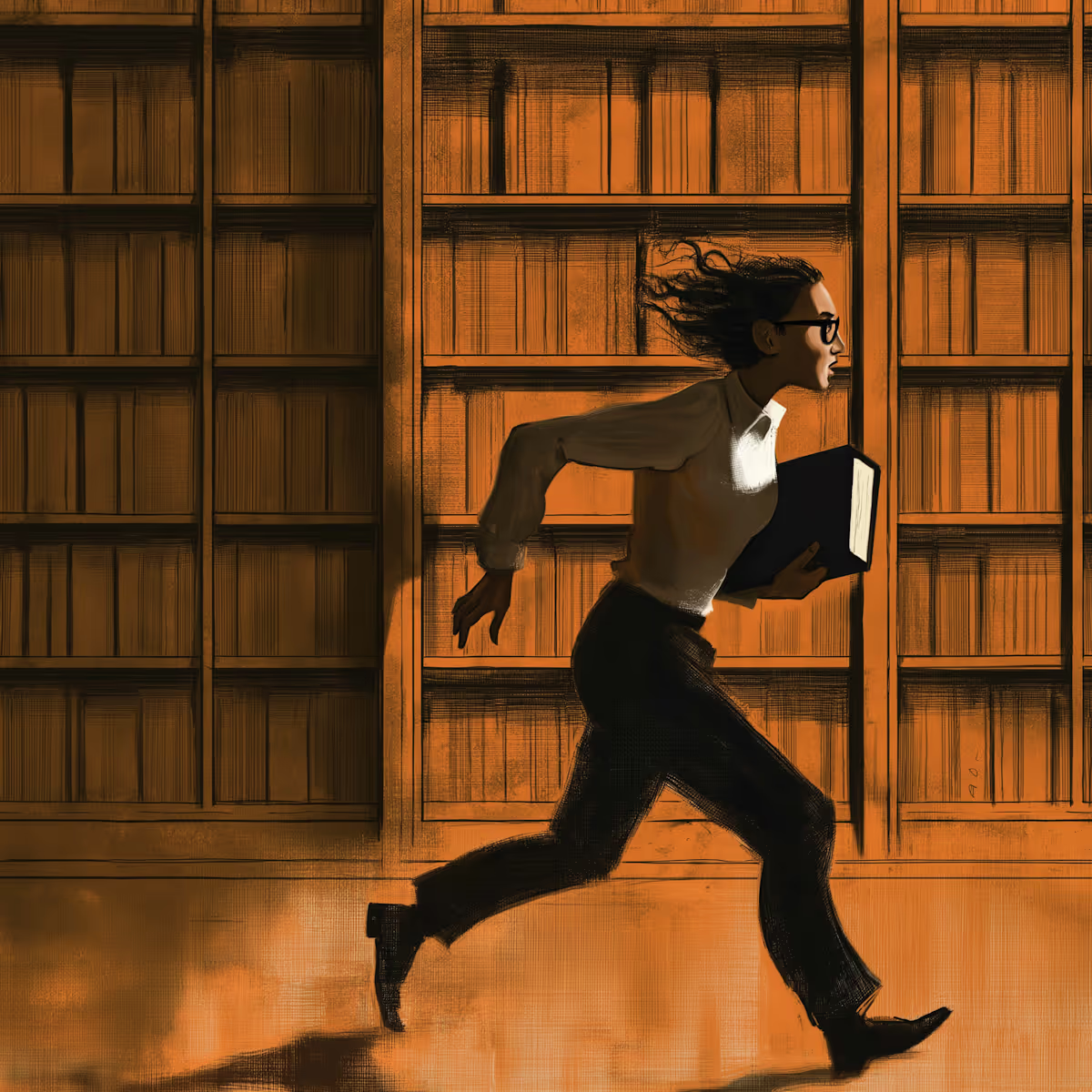The Quiet Power of Rediscovery
There’s a particular kind of joy—and sorrow—in picking up a book you’ve forgotten. Not the ones we re-read every year, worn with love and certainty, but the half-remembered stories that drifted away like dreams. When we open them again, we meet not just the text but versions of ourselves who once engaged with it. These books become time machines.
The Memory Trap of Books
Books, like people, don’t always make strong first impressions. Some titles fade from our minds because we read them too young, too fast, or at the wrong moment. Others are remembered only for a single scene, a line, or a feeling.
“You think your pain and your heartbreak are unprecedented in the history of the world, but then you read.” — James Baldwin
When we return, what we once missed often becomes the most vital part. That minor character now commands our empathy. A subplot resonates with new clarity. The book hasn't changed—we have.
The Second Reading as Dialogue
Re-reading is not repetition; it's a conversation. The second time around, we read not only with fresh eyes but with an inner commentary shaped by time, experience, and mood. Some books feel like strangers upon re-reading, others like confidantes.
- The first read is about plot and discovery.
- The second is about themes, structure, and emotional undercurrents.
- Subsequent reads often reveal what we’re currently seeking—comfort, challenge, nostalgia.
This cyclical engagement creates an evolving relationship with the text, one that mirrors how we grow and change.
When Forgetting Is a Gift
Forgetting a book can feel like failure, but it's often a hidden invitation. The brain, selective as it is, stores impressions more than details. Forgetting allows us to read again without the constraints of memory's version.
A book once discarded or overlooked can become essential at another stage in life. This is not because the book changed, but because we finally arrived at the moment when we were ready to hear it.
“You don’t step into the same river twice, and you don’t read the same book twice.” — Heraclitus (paraphrased)
Making Space for Forgotten Books
Rather than constantly chasing the next new release, there’s value in curating a personal library of books worth forgetting and rediscovering. These books serve as mirrors and mile-markers.
- Revisit a book you barely remember once a season.
- Keep a list of "books I might love later."
- Embrace partial memory—it invites fresh discovery.
Closing the Loop
The books that come back to us, years later, are often the ones we needed all along. They carry not only their narratives but the sediment of our previous encounters. To re-read them is to trace the shape of our memory and the story of our becoming.
So, dust off that spine. Meet the book—and yourself—anew.

